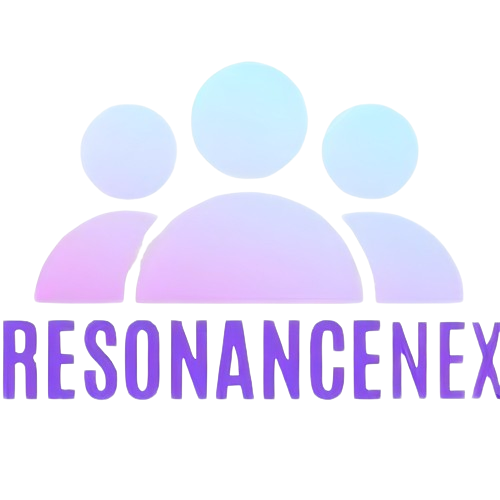
Worried about job security during a recession? Discover proven career strategies to stay
employable, pivot confidently, and thrive—even in economic downturns.
Introduction
One day, I had a steady job. The next? AI did it better—and for free. My employer had no choice: I was out. No severance. No backup plan. Just me, my laptop, and a whole lot of panic.
Sound familiar? You’re not alone. AI automation is taking over industries faster than anyone expected. If you haven’t felt the impact yet, you will.
But here’s the twist: Losing my job to AI wasn’t the end. It was the beginning of something way bigger.
Recognize the Warning Signs of a Recession
Staying ahead of a recession starts with awareness. Watch for signs like:
● Rising unemployment rates
● Corporate hiring freezes or mass layoffs
● Declining consumer spending
● Slowing GDP growth
Some industries—like retail, hospitality, or real estate—are typically more vulnerable during
downturns. Sta
Assess Your Job Stability and Industry Risks

Ask yourself:
- Is your role essential or non-essential?
- Is your company financially healthy?
- How has your industry responded to past recessions?
Initiate open conversations with leadership or HR to get insights. If your position seems
vulnerable, now’s the time to plan your pivot—not when pink slips start flying.
Upskill and Reskill: Invest in Your Career Capital
During a downturn, the most in-demand candidates are those who adapt fast. Focus on building
recession-proof skills like:
- Digital marketing
- Data analysis
- Project management
- Cloud computing
- AI and automation tools
Use platforms like Coursera, Skillshare, or LinkedIn Learning. Short-term certifications or
micro-credentials can give your resume the edge it needs.
Update and Optimize Your Resume and LinkedIn Profile

Don’t wait until you need a job to update your resume. Instead:
- Tailor your resume for remote and hybrid roles
- Add recent certifications, awards, or key achievements
- Optimize your LinkedIn with industry keywords and a compelling summary
- Post value-added content and interact with industry leaders to increase visibility
Your online presence can be just as important as your work experience.
Strengthen and Expand Your Network
When jobs are scarce, who you know becomes even more critical. Here’s how to build a
proactive network:
- Reconnect with old colleagues and mentors
- Attend virtual and local networking events
- Join LinkedIn groups or Slack communities in your niche
- Don’t just ask—offer help and insights
Strong professional relationships can lead to referrals, job leads, and freelance opportunities
when you need them most.
Explore Side Hustles or Multiple Income Streams
Diversifying your income is a smart defense against job loss. Consider:
- Freelancing your current skills (writing, design, coding, etc.)
- Selling digital products or courses
- Offering consulting or coaching
- Remote tutoring or virtual assistance
Use platforms like Upwork, Fiverr, or Teachable to get started. Bonus: A side hustle can also
evolve into a full-time career.
Be Mentally Prepared and Financially Smart

The emotional toll of recession anxiety is real—but preparation brings peace of mind. Start with:
- Building or replenishing your emergency fund
- Cutting unnecessary expenses now
- Staying flexible and open-minded about job options
- Practicing self-care to manage stress and avoid burnout
Confidence and clarity are key to making smart, pressure-free decisions.
Consider Career Coaching or Professional Guidance
You don’t have to navigate this alone. A career coach can:
- Help you clarify goals and build an action plan
- Run mock interviews and polish your elevator pitch
- Guide you through salary negotiations and job transitions
The right coach becomes a partner in your long-term success, especially when navigating
high-stakes shifts.
Conclusion
Recessions may be unpredictable, but your response doesn’t have to be. By making proactive
career moves—like learning new skills, networking, and preparing financially—you’ll not only
weather the storm but come out stronger.
Start today by updating your resume, reconnecting with one person in your network, or signing
up for one new course. Small steps now = big wins later.
Stay adaptable, build in-demand skills, grow your network, and consider multiple income
streams.
Healthcare, IT, education, essential retail, and cybersecurity are typically more stable.
If your role is secure, it’s smart to stay while preparing a backup plan.
Yes, especially if you’re moving into a more stable or future-proof industry.
Use platforms like LinkedIn Learning, Coursera, edX, and free YouTube tutorials.
